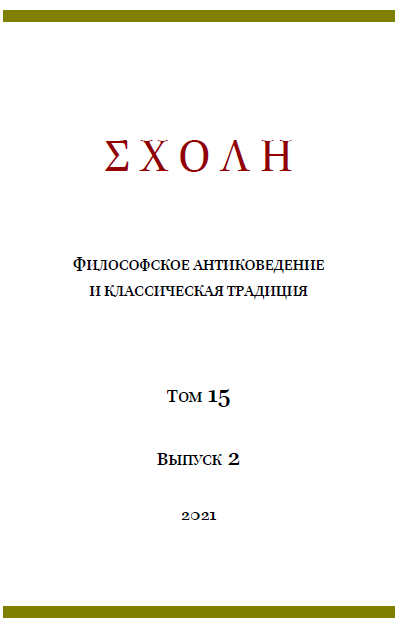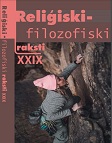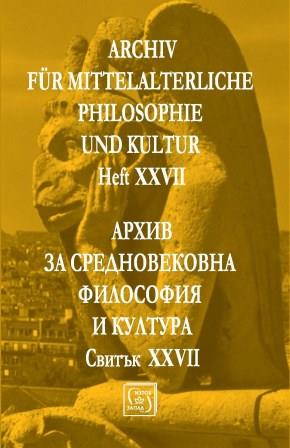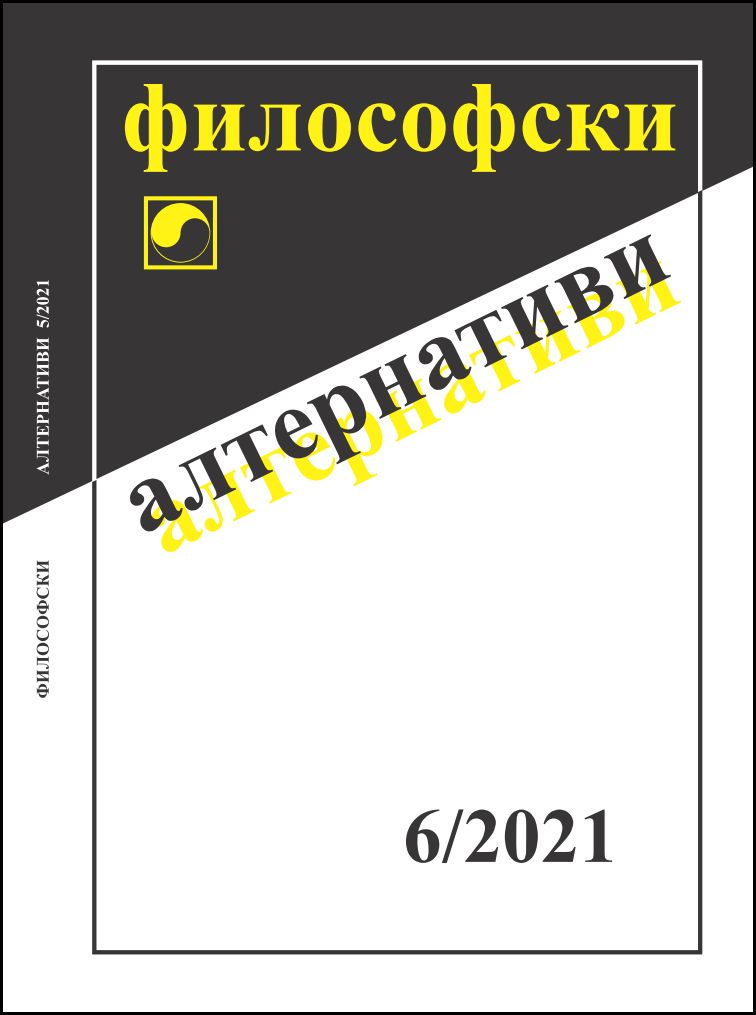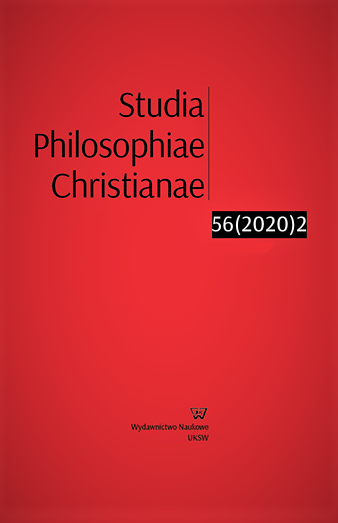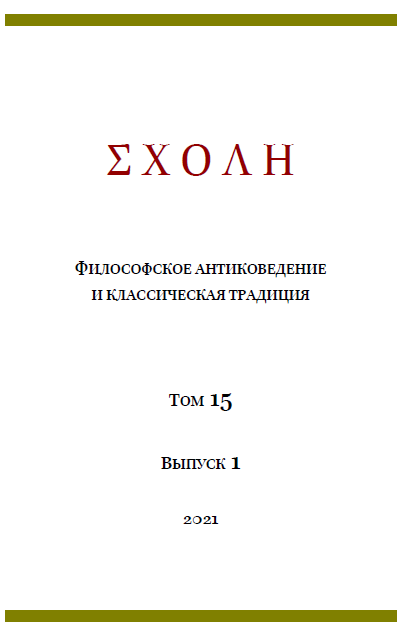
ДИСКУССИЯ О СООТНОШЕНИИ ФИЛОСОФИИ И РИТОРИКИ В ПЕРИОД ЭЛЛИНИЗМА И ПОЗДНЕЙ АНТИЧНОСТИ (ОТ СТОИКОВ К ЦИЦЕРОНУ)
The article discusses the evolution of the relationship between philosophy and rhetoric in Helenistic and Roman periods. In addition to discussing the value of such factors as eloquence and usefulness for rhetoric, the Hellenistic epoch drew attention to the problem of developing the foundations of rhetoric. These ideas were developed in schools of Stoics and Skeptics. Following the Aristotelian line, Chrysippus objectively contributed to the formalization of rhetorical knowledge. Cicero, who considered this approach narrow, actualized another Platonic line aimed at the "idea," while he translated the understanding of rhetoric as this kind of dialectical knowledge, which, being experience-oriented (in theory and practice), resembles art and corresponds to the spiritual ideal as the highest value. Ciceronian project is a variant of an expansive interpretation of rhetoric as the most complete generalization of reality.
More...
